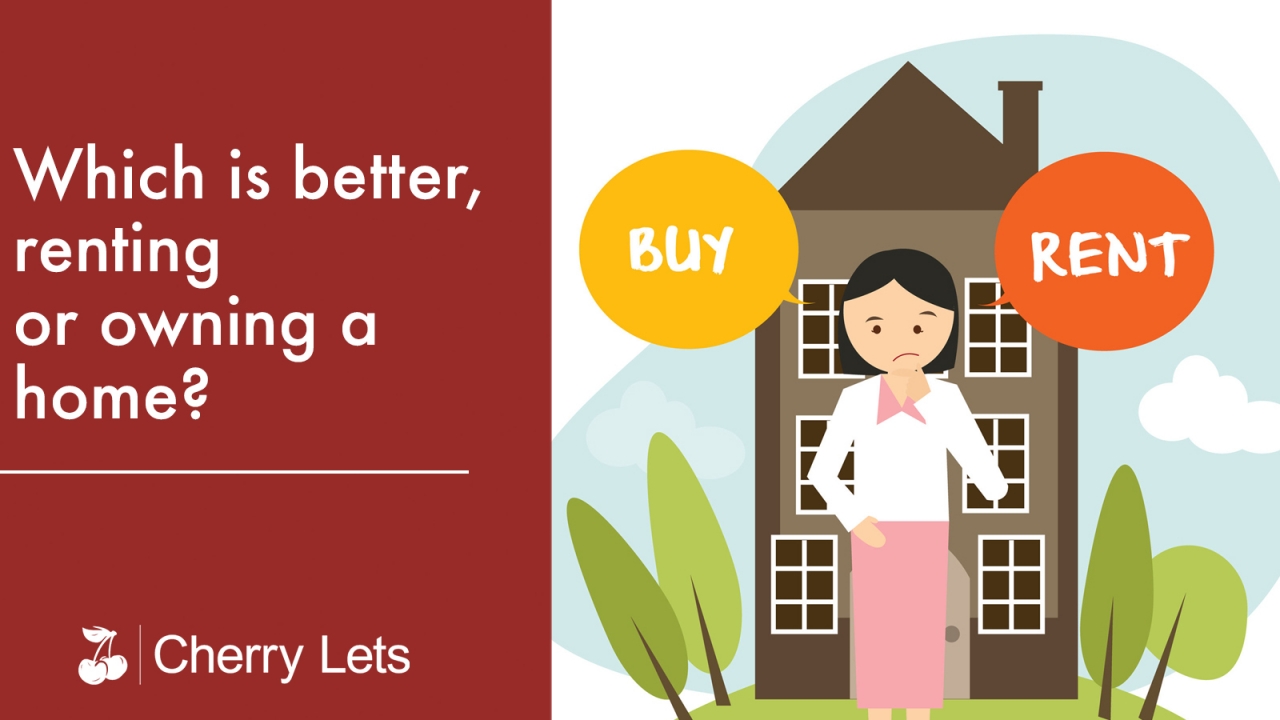To buy, or to rent, that is the question
Whether you’re going to rent, or if you’re planning to buy, your next move in North Oxfordshire & South Northants is a personal choice. There are pros and cons for both, and some thinking will need to be done before making a decision.
But first, let’s look at a couple of statistics.
According to the government, just over 60 per cent of households in England owned their own homes (in the two years from 2016 to 2018). It has also been estimated that more than a quarter of people will rent their home by the end of 2021.
While many people want to own their own home in North Oxfordshire & South Northants, for others renting is the best option for them.
It’s not just younger people who are renting either. A large proportion of renters are those who cannot yet find enough money for a deposit to get on the first rung of the property ladder, but there is also a growing number of older people who are renting as they downsize or move to be near family.
But what are the pros and cons of renting or buying?
What should you consider?
Here, we look at some of the things you should be thinking about.
Renting to keep costs down?
It could be said that renting doesn’t cost as much as buying because you don’t have to find a deposit for a house. This is indeed true – but not always! Monthly rents are sometimes cheaper than monthly mortgage payments but this is not always the case. You will need a deposit (which is protected by government-backed schemes), and you will usually need to pay a month’s rent upfront. This however, is still a lot lower than having to find upwards of a 15 per cent deposit to buy a house.
Renting may initially be cheaper, but you will not be on the property ladder and you won’t be investing in bricks and mortar and the potential profits that can accumulate as a property’s value rises.
What about maintenance costs?
This is often a tricky question to answer. Why? Because as someone who rents, your landlord will be expected to keep the property well maintained, and legally they have to make sure that the house is safe to live in, with regular electrical and gas safety checks.
But, as the person who rents, you will need to look after the property and there is an acceptance by many that it is up to you to keep the property in good condition. If you break items, the likelihood is that it is in your contract to replace like for like.
Of course, if you own the home, then all of the maintenance will come down to you and you will incur the costs – but on the plus side it is your home and you are investing in it.
Top Tip: Think about your finances and whether or not you can afford to keep your own property in tip-top condition.
It’s flexible
Renting is a way for you to live somewhere where you may not be able to afford to buy, or where work means you have to live. Renting can be a good option in this case because if you have to move often due to your work, you’re not going to want to go through the selling and buying of a property multiple times.
This is a real benefit to renting, but please be aware that if you are tied into a contract for a specific length of time, then you may not be able to get out of it easily.
Top Tip: If you can, specify the length of your rental contract. If you think you may only be somewhere for six months, make sure you are not tied in to a contract with a no break clause.
When it comes to renting or buying, it’s best to take the time to make a list of all the pros and cons. Circumstances may mean that you have to rent, but if you look at the figures, you might think it better to get on the property ladder.






Share this with
Email
Facebook
Messenger
Twitter
Pinterest
LinkedIn
Copy this link